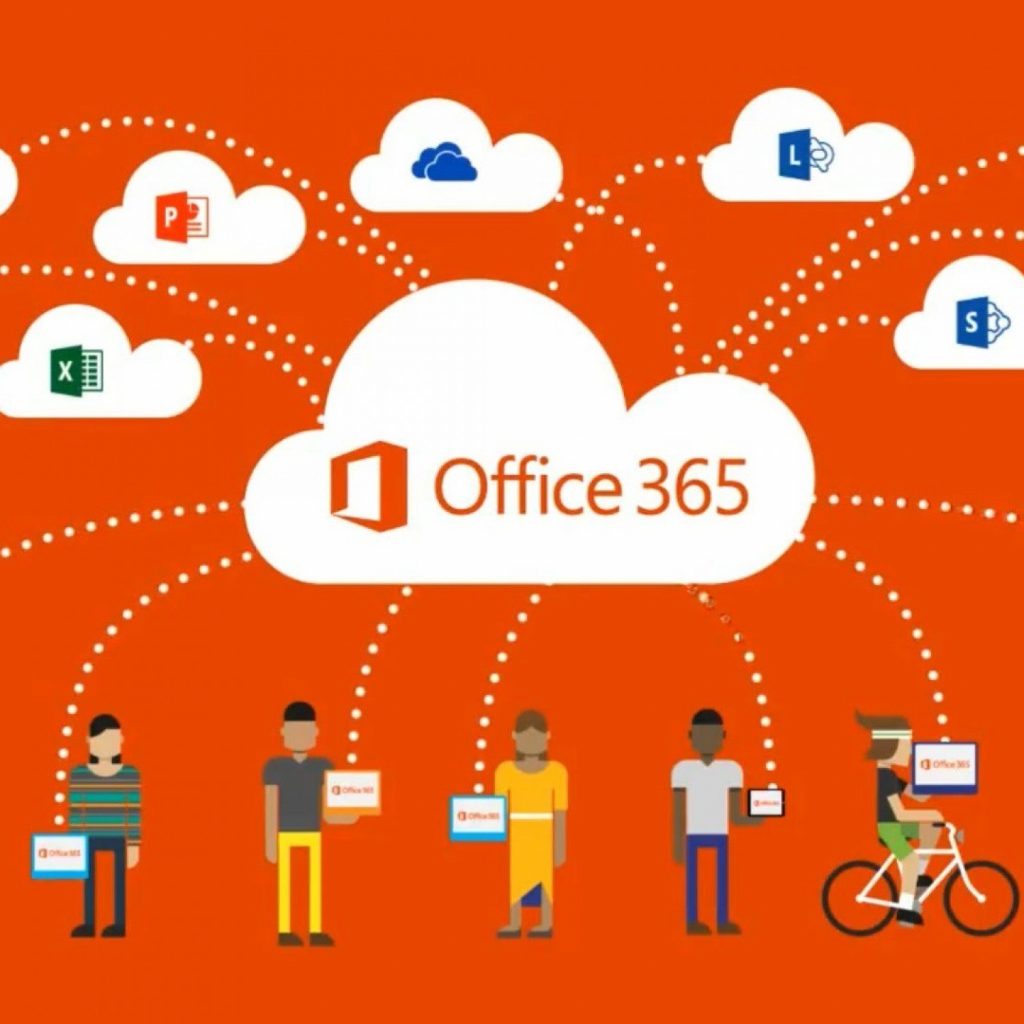The 7 Biggest Reasons to Migrate to Office 365

At this point, we’ve helped countless credit unions migrate to Office 365. We’ve answered a lot of questions about security, risks, and challenges. But there’s one question that always comes up:
Why?
Why migrate? If legacy versions of Office 365 still work, what makes the switch worth it?
Well, we’ve answered that question before as well. And we’ve done it pretty often, actually. So buckle up, pardner. We’re about to give you 7 reasons to migrate to Office 365.
Reasons to Migrate to Office 365
Before we kick this thing off, we should note that 7 is an arbitrary number. We could easily add a few more to the list—or we could declutter and cut it down to 5, or even 3.
But what would be the point? 7 is a fine number.
So, let’s just do it and not worry about why we stopped at (or went to) 7.
1. Access to newer software
Legacy versions of Microsoft Office don’t have the newest bells and whistles. And, while bells and whistles won’t do it for everyone, we’d still put it in the win column.
For example, Microsoft Teams allows your teams to communicate with each other much more quickly and easily than email. And OneDrive ensures both better document access and version control. You can’t get those if you don’t migrate to Office 365.
2. Always up to date
Office 365 is a lot easier to manage. You don’t have to manage upgrades, worry about feature rollouts, etc. It’s always up to date.
So, less time managing and fussing—more time working. That’s a great reason there.
3. Resiliency during outages
If your mail server is at your credit union, then all it takes is a power outage to severely impact your communications. That’s a pretty delicate setup.
Office 365 ensures your email works even when your credit union is dark. No big deal (until it is). This also makes Office 365 a stronger option for disaster recovery.
4. More team oriented
One of the luxuries we’ve gotten accustomed to in the last decade is extreme connectivity. Anything that doesn’t allow easy or seamless collaboration and communication feels like a major problem.
One of the best reasons to migrate to Office 365 is that it promotes better sharing and editing of Office documents. Maybe this one should be higher on the list…
5. For multiple devices
So, let’s see. It’s nearly 2020, right? How many of us have only one screen to manage? Show of hands?
That’s what we thought. It’s not uncommon for someone to use a PC, a tablet, and a phone at work. Office 365 synchronizes email, calendars, and contacts on multiple devices. No more emailing yourself documents or storing things on thumb drives.
6. Lower IT costs
Well, this one’s kind of a no-brainer. One reason to migrate to Office 365 is that you have less infrastructure to deal with. Less infrastructure = less IT costs, plain and simple.
Oh yeah, and less infrastructure also = better disaster recovery.
7. Easier licensing
Legacy licenses aren’t going to get any cheaper, that’s for dang sure. With Office 365, you can customize usability and lower costs by enabling per seat, per months fees. You can also package together options for different employees.
Basically, you get an office suite that better fits your needs—and you won’t have to pay extra just so a few power users get what they need.
Further Reading
Although there are many reasons to migrate to Office 365, there’s still plenty to think about. We’ll make that easy on you by adding a couple links below. Check them out if you’d like to read more about migration.
Want to stay up to date on information from Ongoing Operations? Subscribe to our blog below!



Welcome to the Ongoing Operations blog archive.
For our most up-to-date information, please visit ongoingoperations.com.
HOME